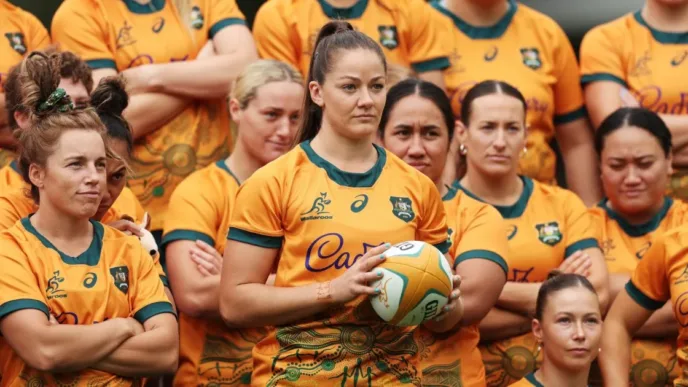Experienced Rugby Union Experts Weigh in on Upcoming Law Changes
As the rugby union world eagerly awaits the implementation of several rule changes by World Rugby, experienced players have shared their insights on how these alterations could impact the game. Among them is Ben Tameifuna, the Bordeaux-Bègles and Tonga tighthead prop, who offered a unique perspective on the potential consequences.
New Laws and Their Potential Impact
The new laws, set to take effect on July 1st, include adjustments to the offside rule from kicks in open play, refinements to the choices available from free-kicks, and a ban on the “crocodile roll” tackle technique. While there will be no direct changes to the mechanics of the scrum, the inability to opt for a scrum at a free-kick could potentially reduce the overall number of scrums in a match.
Tameifuna, who also captains the Tonga national team, believes these changes will lead to a more “flowing, running” style of rugby. “I think more teams are going to try and run the ball more. That’s going to be the situation,” he said on the Le French Rugby Podcast.
However, the 145kg prop acknowledges that this shift may have implications for players like himself. With fewer scrums in a match, Tameifuna foresees a potential increase in training focus on running and conditioning, rather than pure scrum work.
“You’ve either got to train to run more or train to be stronger and more efficient around your scrum, because there’s going to be less of them,” he explained.
The Importance of a Dominant Scrum
Despite the appeal of a more fluid, running-based game, Tameifuna made a strong case for the importance of a dominant scrum. He cited the example of South Africa, who have built their success on a formidable set-piece platform, enabling their dynamic backs to thrive.
“The scrum is really important. It can be an absolute weapon,” Tameifuna emphasized. “For us, if we have a stable scrum, it can set up players like Damian [Penaud] and Louis [Bielle-Biarrey].“
As the rugby community prepares for these upcoming law changes, the insights shared by players like Tameifuna offer a valuable perspective on the potential tactical and training implications for teams and individual positions. The rugby union landscape may be on the cusp of a significant transformation, and experienced voices will be crucial in navigating the evolving landscape.
🔗 Source













